The uncertain fate of Rohingya women
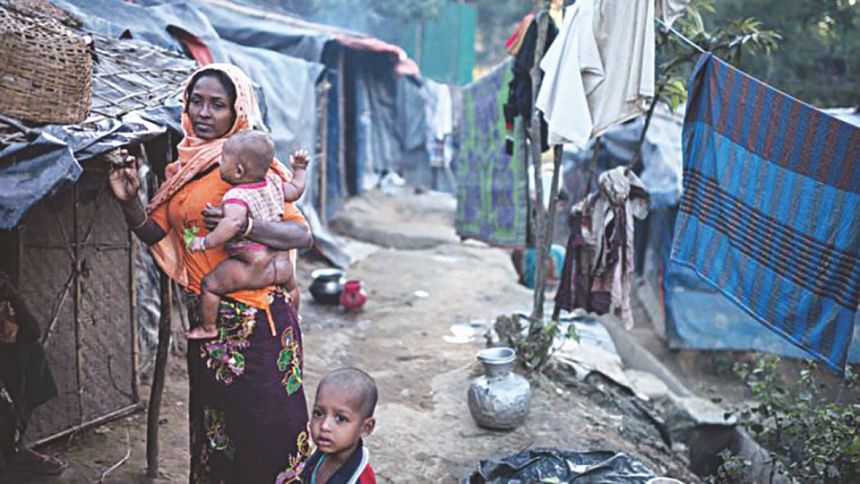
Amina Khatun, a 40-year-old Rohingya woman, was sitting in front of the door of her tiny shelter house with her two-year-old son Salam. She somehow managed to flee Myanmar along with her son but her husband Abdul Rashid was not so lucky. He was killed by the Myanmar army.
She reached the shores of the Naf river safely. However, she is now passing her days in the camps in Bangladesh in utter oblivion, not knowing what lies ahead. There are other female-headed households in the camps going through the same thing—struggling alone with mouths to feed isn't the only problem Rohingya women are facing amidst one of the worst ongoing humanitarian crises in the world.
During my visit this month to Rohingya makeshift settlements in Cox's Bazar, currently sheltering more than 800,000 forcefully displaced Myanmar nationals who have fled the brutality of the Myanmar army in Rakhine State, I found that Rohingya women are especially vulnerable to many forms of transgressions exclusively based on their gender. Among the newly arrived 655,000 Rohingyas, 60 percent are women. It is easy to understand the threats any crisis situation poses to women. Structural inequalities put these Rohingya women—who have just escaped unspeakable horror in their native country—in a more vulnerable position to all forms of violence.
As I was passing through the narrow aisles of Kutupalong makeshift settlement, the largest of the camps sheltering Rohingyas, I gazed upon women and girls of different ages whose distress was palpable through the look of despair in their eyes. Like Amina, her neighbour Shahida is also running her three-member household alone after her husband left her to marry some other woman after coming to Bangladesh. Following their traditional norms, Amina and Shahida do not go outside of their huts, which is why they solely depend on the relief items for subsistence. It has been more than a month since they last received relief assistance. They have no rice or lentils left to cook. When I asked Amina how she is feeding her son and herself, she said she occasionally gets food from her neighbours and sometimes they go hungry.
There are thousands of female-headed households in these camps who have lost the breadwinner of the family—typically a male. Along with countless other challenges that come with being alone, these women who have never stepped outside of their home to earn livelihoods are finding it difficult to provide for themselves and their children.
I also found some pretty faces glimmering with hope—in their smile and eye-catching attire. Rashida, a teenage girl of 17 who lives with her mother, sister-in-law and three nieces and nephew, was one of them. Her elder brother is still in Myanmar trying to escape the brutal ethnic cleansing. When I went to their home, on the first day peeking through the curtain I found a man sitting in the hut who, Rashida said, was not her family member.
She was not interested to talk to me that day. It made me curious so I went to meet her again the next day. She was all dolled up just like the day before and was standing in front of her hut. After getting to know her and the things she had gone through, I asked her how she was doing now—whether or not she was happy with her life since she looked much more joyful thanks to her makeup and colourful attire.
She said she felt relieved but not happy. She said the ration they are getting is not nearly enough although her ten-year-old nephew occasionally works and brings in some money. When I asked her about her plans to get married, she blushed and said some men from the Rohingya community want to marry her but she wishes to marry a Bangladeshi man. She doesn't want to go back to Myanmar and wants to settle down here. The man who was sitting with her the other day was one of her many suitors, she said, denying any other prospect when I probed her.
After bidding her farewell I went to one of her neighbours' hut who informed me that many Rohingya men frequent Rashida's place. At first Rashida would come to her place whenever someone approached their hut and wasn't willing to meet them but now she stays there. The woman, like many other parents, raised her concern about these "unusual incidents" as she has a daughter of almost marriageable age. She does not want a future like this for her daughter. Other parents are also concerned about the safety of their girls and are trying to marry off their daughters at a very early age considering it as their greatest chance of security and survival. These concerns are leading to an increase in child marriage in the camps which was already prevailing in the Rohingya community, as the anecdotal evidence suggests.
Other forms of sexual violence like street harassment are also prevalent in these camps. Young girls do not go far from their huts as they are harassed by men and boys in their own community. They cannot even seek help as it defames the girl in the community. Young girls and boys are vulnerable to human trafficking as well. Domestic violence has been normalised to the point where Rohingya women are expressing relief for being beaten up by their husbands rather than being raped by the Myanmar army. These women whose rights have been trampled upon in their own country are now living in an environment where physical and sexual violence is pervasive.
Old Rohingya women are at high risk of economic deprivation. Eighty-year-old Rabeya Khatun is now living with her son and daughter-in-law who have four mouths to feed along with her. Back in Myanmar she used to help them with the cattle and also had her deceased husband's property to support them. Here she is completely dependent on her son. The old woman does not even know what would be better for her—to go back to her own country or to live here in utmost insecurity. But she is certain that they are neither getting back the property they have lost nor can they go back to Myanmar to die.
After living through the extreme trauma of losing their home and loved ones and being physically and sexually abused, these women and girls came here seeking shelter; yet they are going through sexual exploitation, "survival sex" for protection and money, domestic violence, economic adversity, stress and anxiety. For me, a member of the host community where these people have come to seek refuge, it is something worth thinking about. Like these Rohingya women, we too have no idea about what lies ahead in the future for them but we all have a collective and individual responsibility to act upon to make their lives a little easier and make them feel safer.
Nahida Akter is a development researcher at BRAC Research and Evaluation Division.



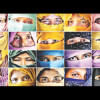
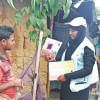

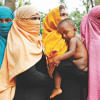
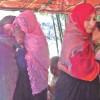


Comments